Home » Green Marketing Guides for Eco Friendly Promotional Items »
Why Shopping Local Is An Eco Choice?
Last Updated: 19 July 2025
Some people find it challenging to make the connection between buying locally and its advantages for the environment. For others, eco-friendliness means buying natural, organic, recyclable, or renewable products. But this isn’t the only way to keep our planet healthy. Here, we’ll go through why patronising locally owned establishments is a win for Mother Nature.
The Tale of the Distribution Channel
When you make a purchase, the only people involved are you and the person selling the item to you. It seems a straightforward process, but this is only the point of view of the buyer. In the retail sector, we have what we call the ‘distribution channel,’ which is a network of firms or middlemen that a product or service travels through before reaching the end consumer or the buyer. The following are the four most important players in the retail distribution industry:
- The Distributors who collaborate closely with the producers to deliver their products to various locations.
- The Wholesalers are the middlemen who purchase goods from distributors and resell them to retailers.
- The Retailers are the stores where the final products are sold to the general public.
- And, finally, the Customers who buy the final products from the retailers.
Now, imagine the first two key players are located abroad. Products must travel more than a thousand miles to stores and customers. However, the process of distribution of products from one place to another contributes to the increase of carbon footprint or carbon emissions.
What is Carbon Footprint?
According to an article from CNN, a carbon footprint is the total amount of greenhouse gas emissions that anything – a person, organisation, event or product – has produced. Greenhouse gases, on the other hand, contribute to climate change and global warming. So the higher the carbon footprint, the more harmful it is to the environment. What more if the products you are buying are imported from abroad? How many tonnes of carbon would it produce? You probably had no idea that buying a branded t-shirt from your favourite retailer after it travelled thousands of miles has an impact on the environment. So how can you prevent this issue? Well, the solution is pretty obvious.
Shopping Local Is An Eco-Friendly Choice
Businesses owned locally tend to make more purchases in the immediate area, resulting in less need for transportation. Minimising the distance that goods must travel to reach their final destination reduces the amount of carbon dioxide gas released into the atmosphere. Commodities don’t have to travel by sea or air, which saves fuel and helps keep the air cleaner.
Furthermore, shopping for ‘made in Australia’ products creates a circular economy. The World Resources Institute explains that a “Circular economy offers a $4.5 trillion economic opportunity by reducing waste, stimulating innovation and creating employment.” By patronising Australian-owned businesses and purchasing locally made goods, you are helping to stimulate the local economy and improve the quality of life for your fellow Australians.
Conclusion
Overall, shopping local is an eco-friendly choice as it reduces carbon emissions from long transportation distances and helps to stimulate the local economy. Promotional eco-friendly products are a great way for businesses to show their commitment to sustainability while also providing customers with high quality items that were made in Australia. By supporting locally owned establishments, we can all help create a greener world and secure our planet’s future together!
Reference:
https://www.wri.org/insights/5-opportunities-circular-economy#:~:text=Research%20shows%20that%20the%20circular,models%20offer%20significant%20innovation%20opportunities.
https://edition.cnn.com/2019/09/08/us/carbon-footprint-facts-trnd/index.html










 Sale
Sale




 Corporate Uniforms
Corporate Uniforms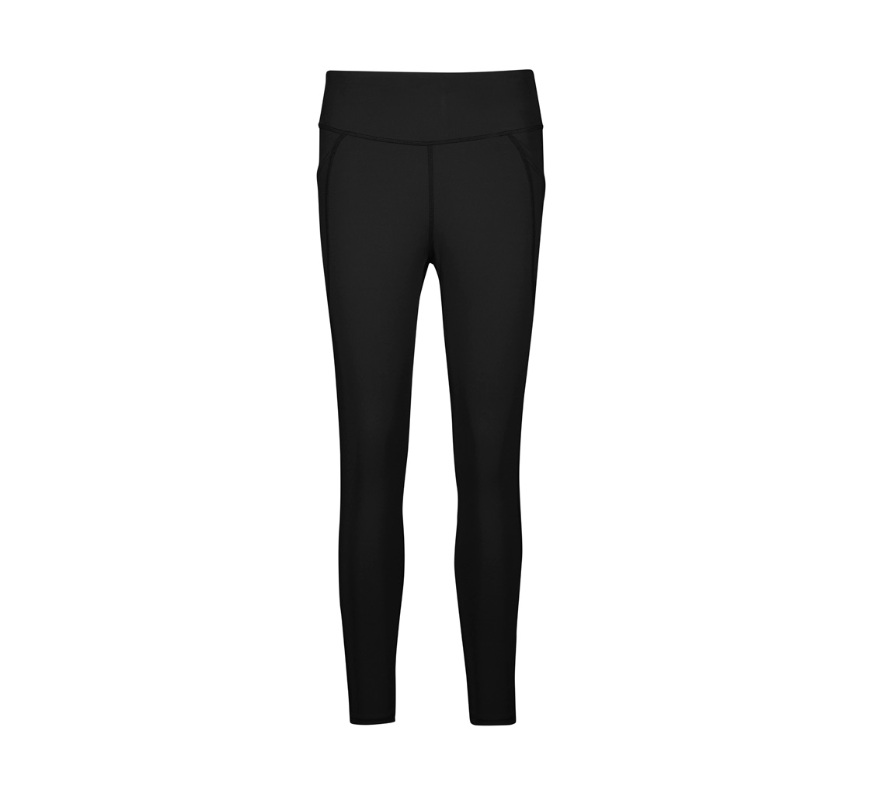 Eco Apparel
Eco Apparel Hoodies & Sweaters
Hoodies & Sweaters Jackets
Jackets Kids' Clothes
Kids' Clothes Other Apparel
Other Apparel Polo Shirts
Polo Shirts Socks
Socks Shoes
Shoes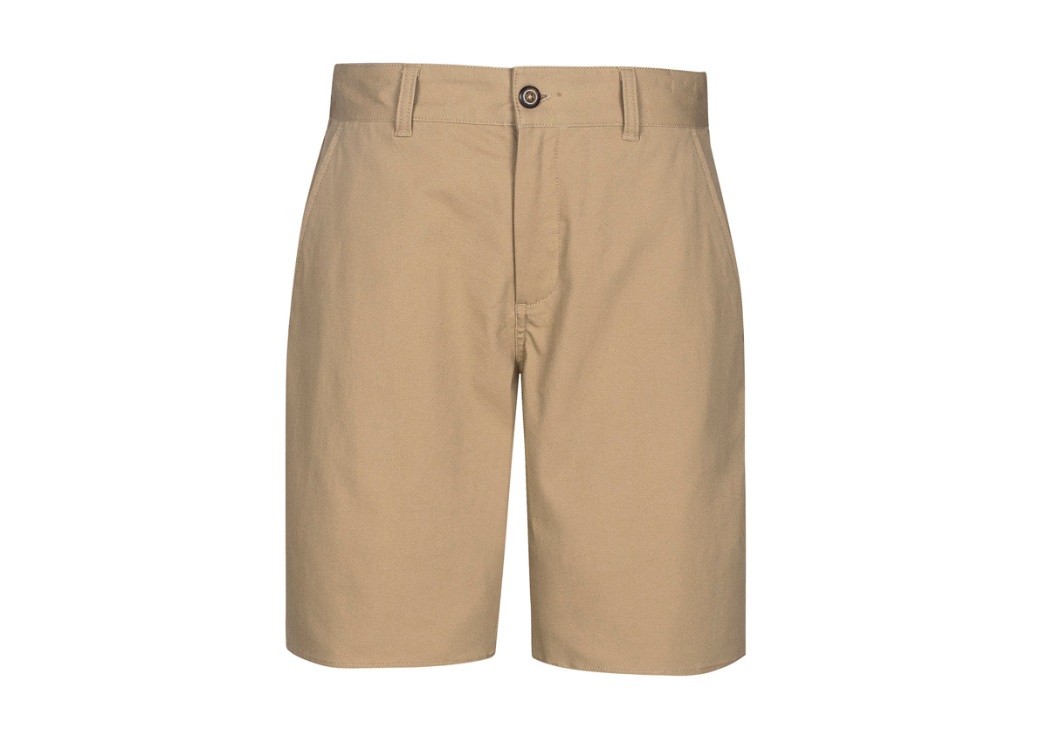 Sports Bottoms
Sports Bottoms Sports Uniforms
Sports Uniforms Tee Shirts
Tee Shirts Workwear
Workwear

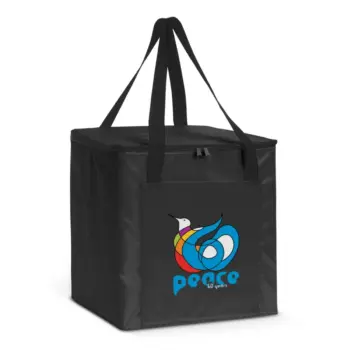

 Briefcases
Briefcases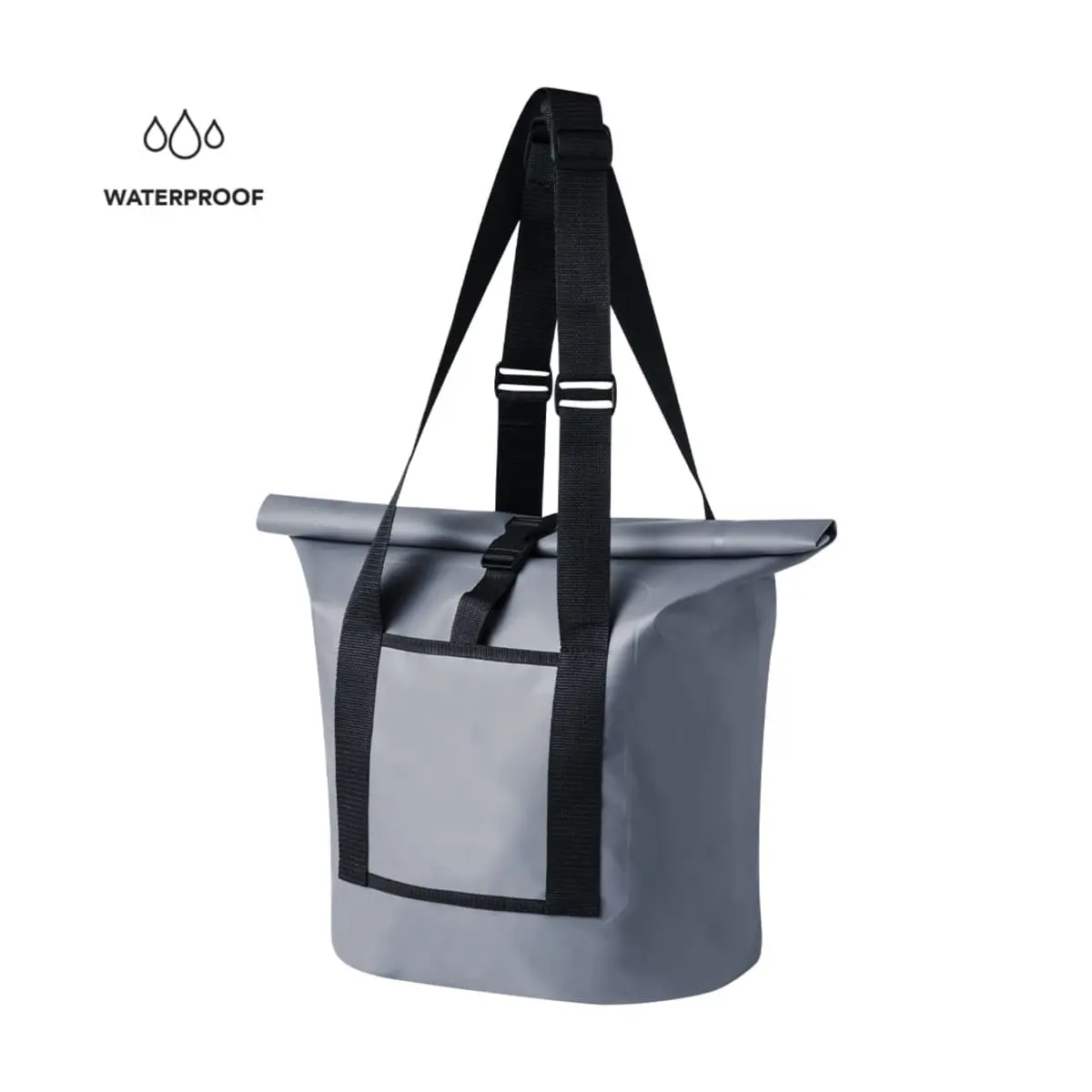 Dry Bags
Dry Bags Laptop
Laptop Satchels
Satchels Specialised Bags
Specialised Bags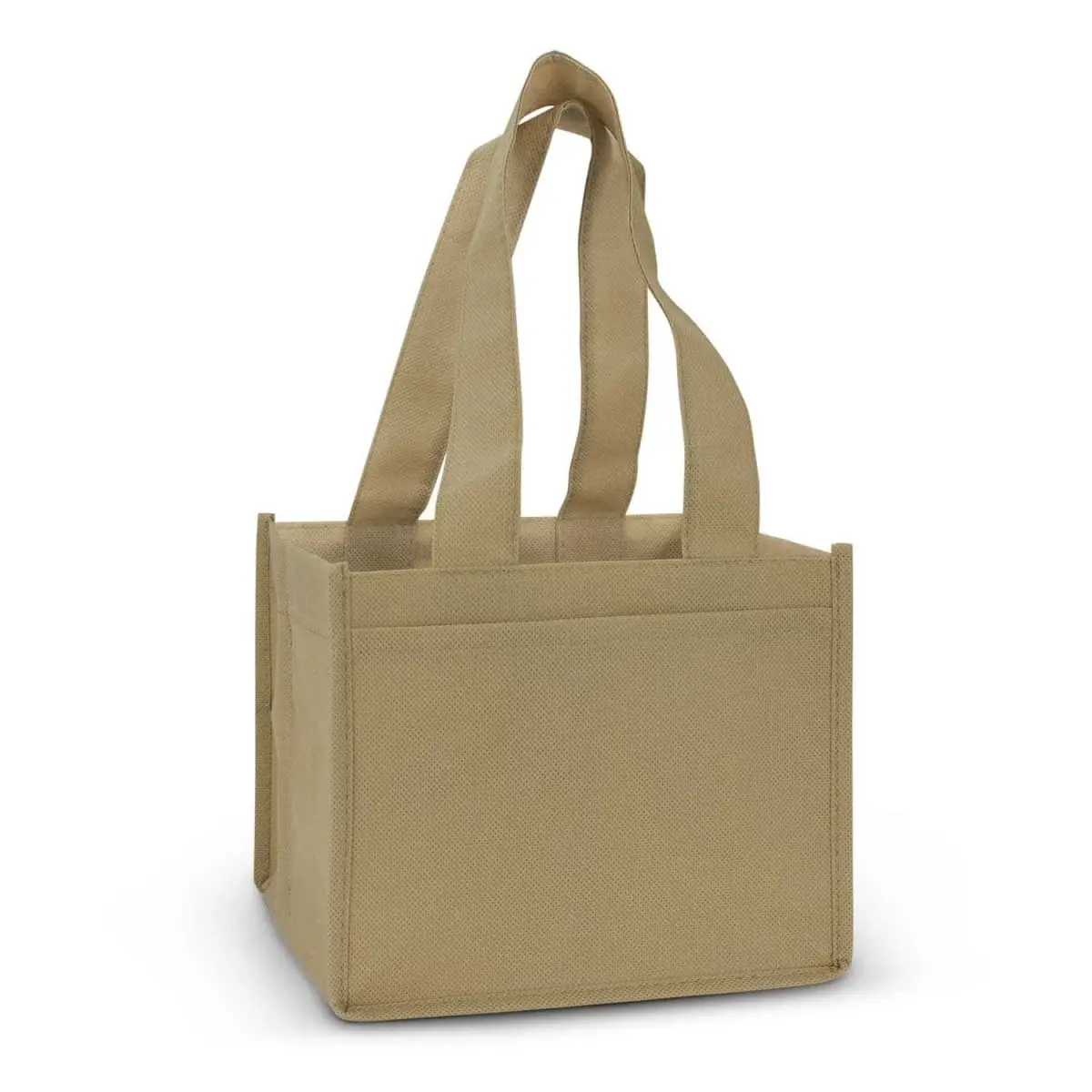 Tote Bags
Tote Bags


 Beanies
Beanies Caps
Caps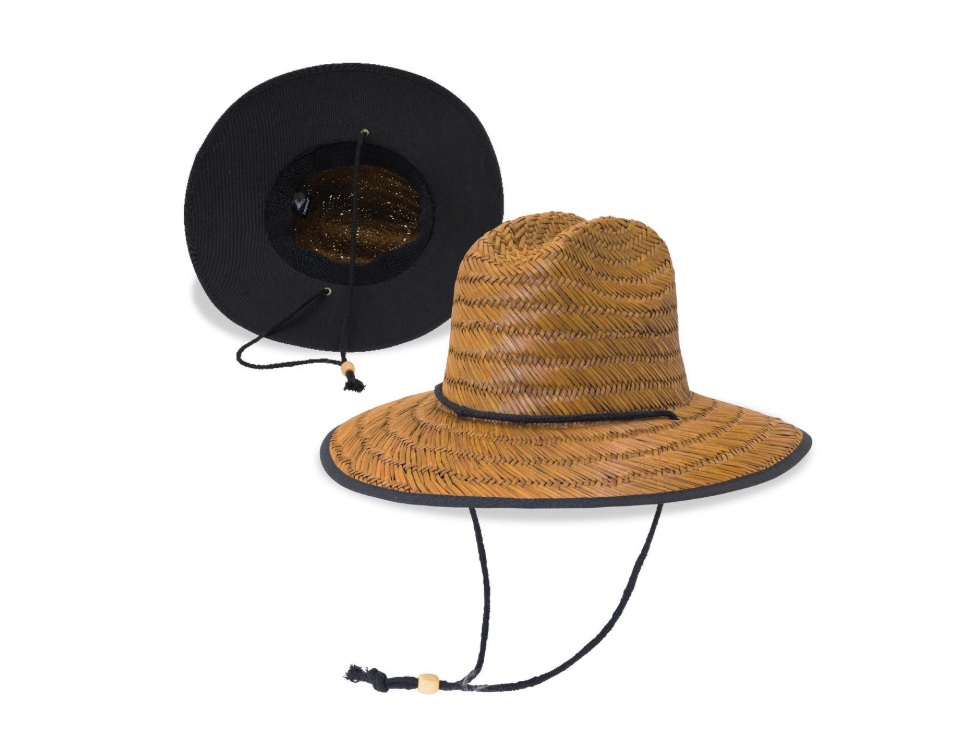 Straw Hats
Straw Hats




 Bottled Water
Bottled Water Drinkware Gift Sets
Drinkware Gift Sets Glass & Poly Cups
Glass & Poly Cups Mason Jars
Mason Jars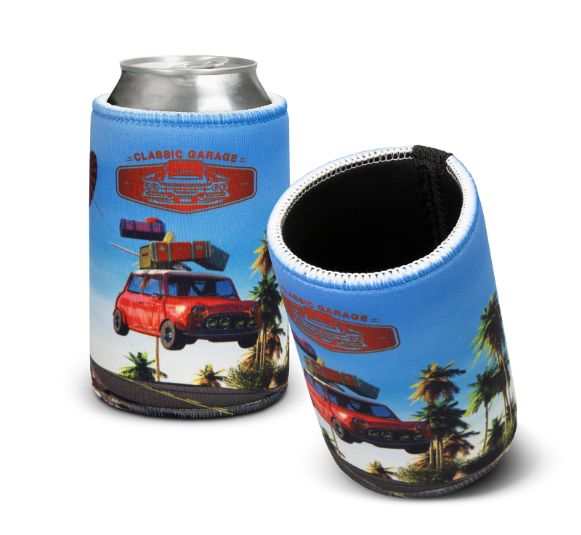 Stubby | Bar & Drinkware
Stubby | Bar & Drinkware Wines
Wines



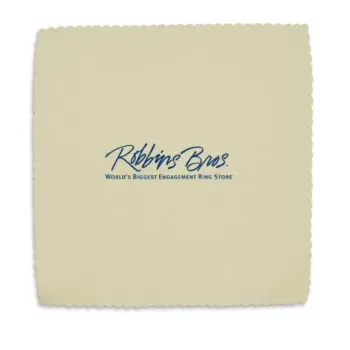
 Business Card Holders
Business Card Holders IT Gift Sets
IT Gift Sets Tech Computers
Tech Computers



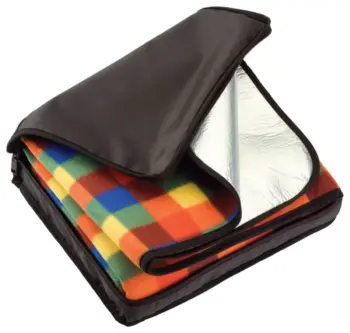
 Beach Towels
Beach Towels Car Accessories
Car Accessories Golf
Golf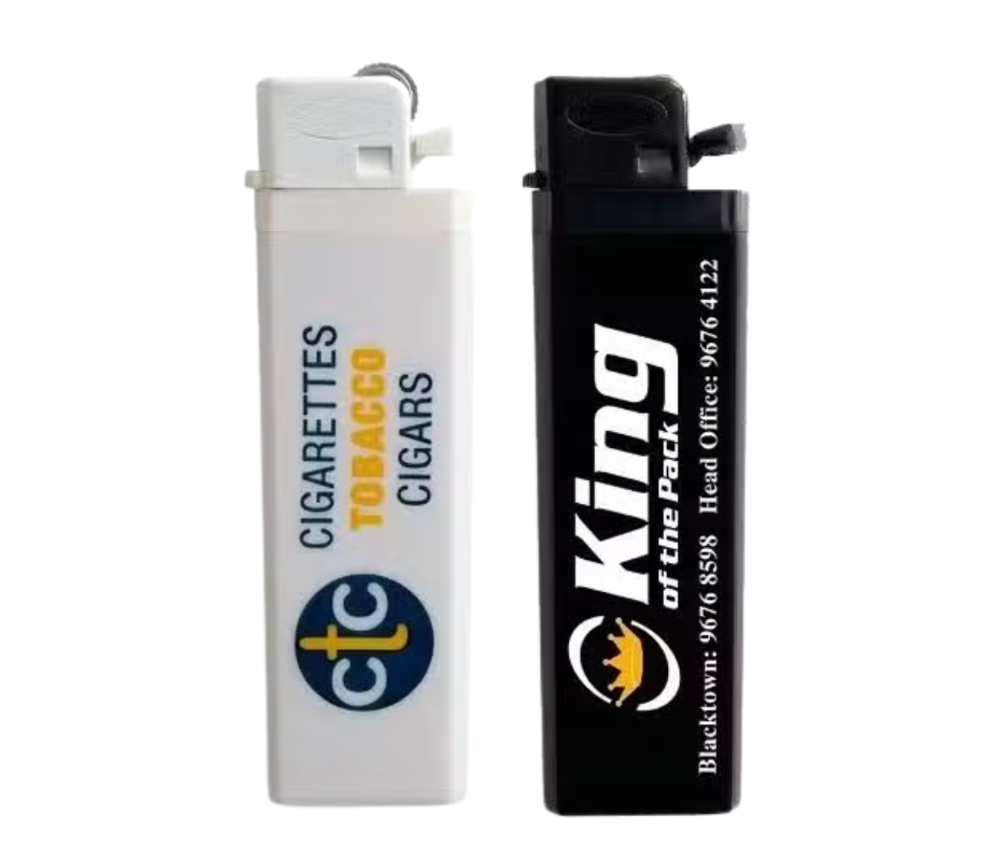 Lighters
Lighters Picnic Gear
Picnic Gear Sports Items
Sports Items




 Markers
Markers Post-It & Sticky Notes
Post-It & Sticky Notes




 Card Decks
Card Decks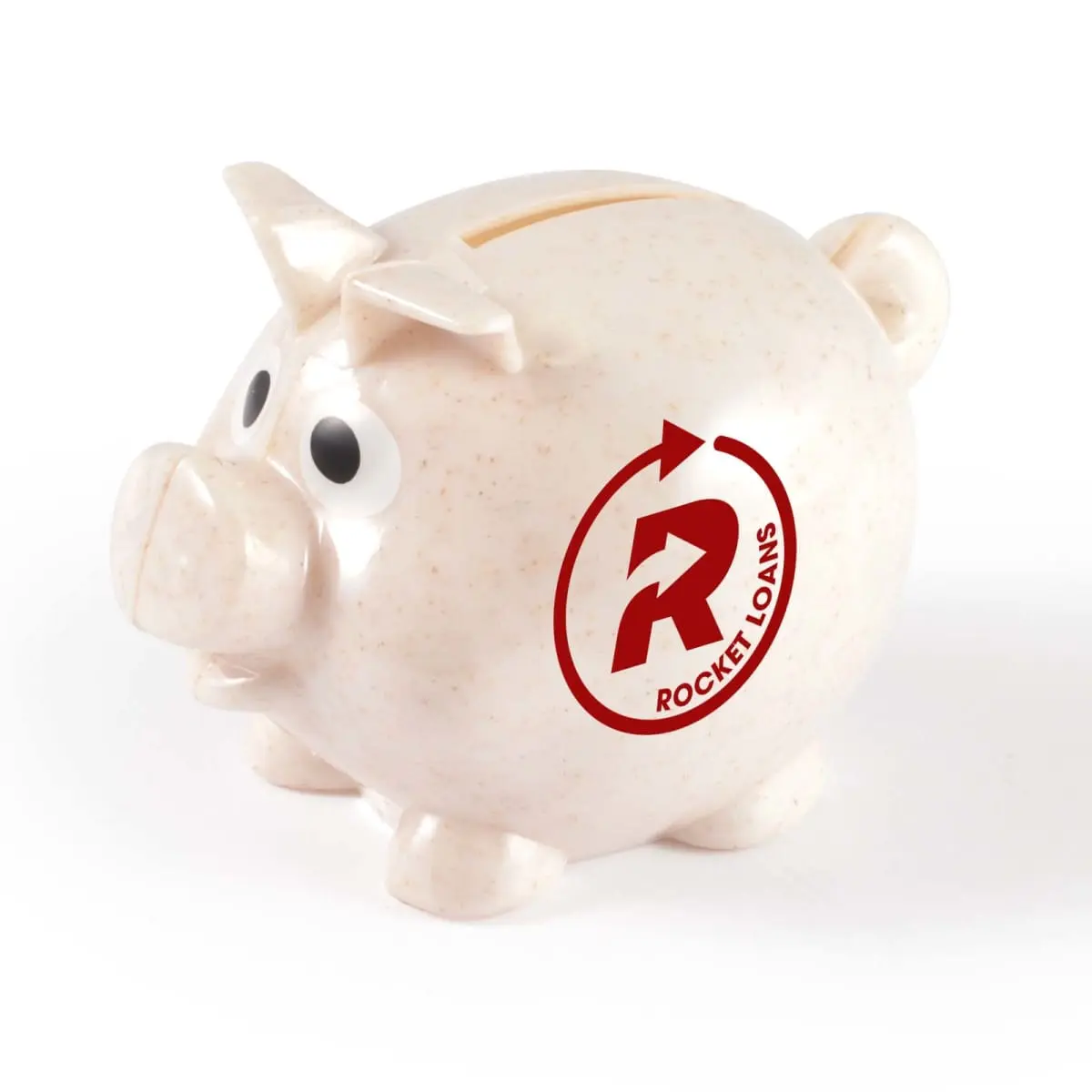 Coin Banks
Coin Banks Conference Toys
Conference Toys Event Toys
Event Toys Frisbees
Frisbees Games & Puzzles
Games & Puzzles Kids
Kids Plush Toys
Plush Toys

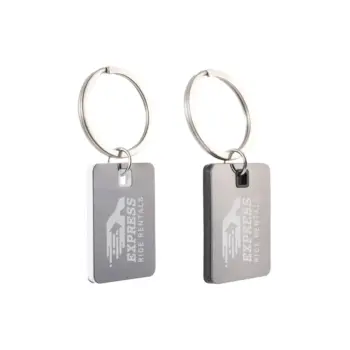


 Print | Signage
Print | Signage



 Antibacterial
Antibacterial Eco Products
Eco Products Gift Box Sets
Gift Box Sets Homeware
Homeware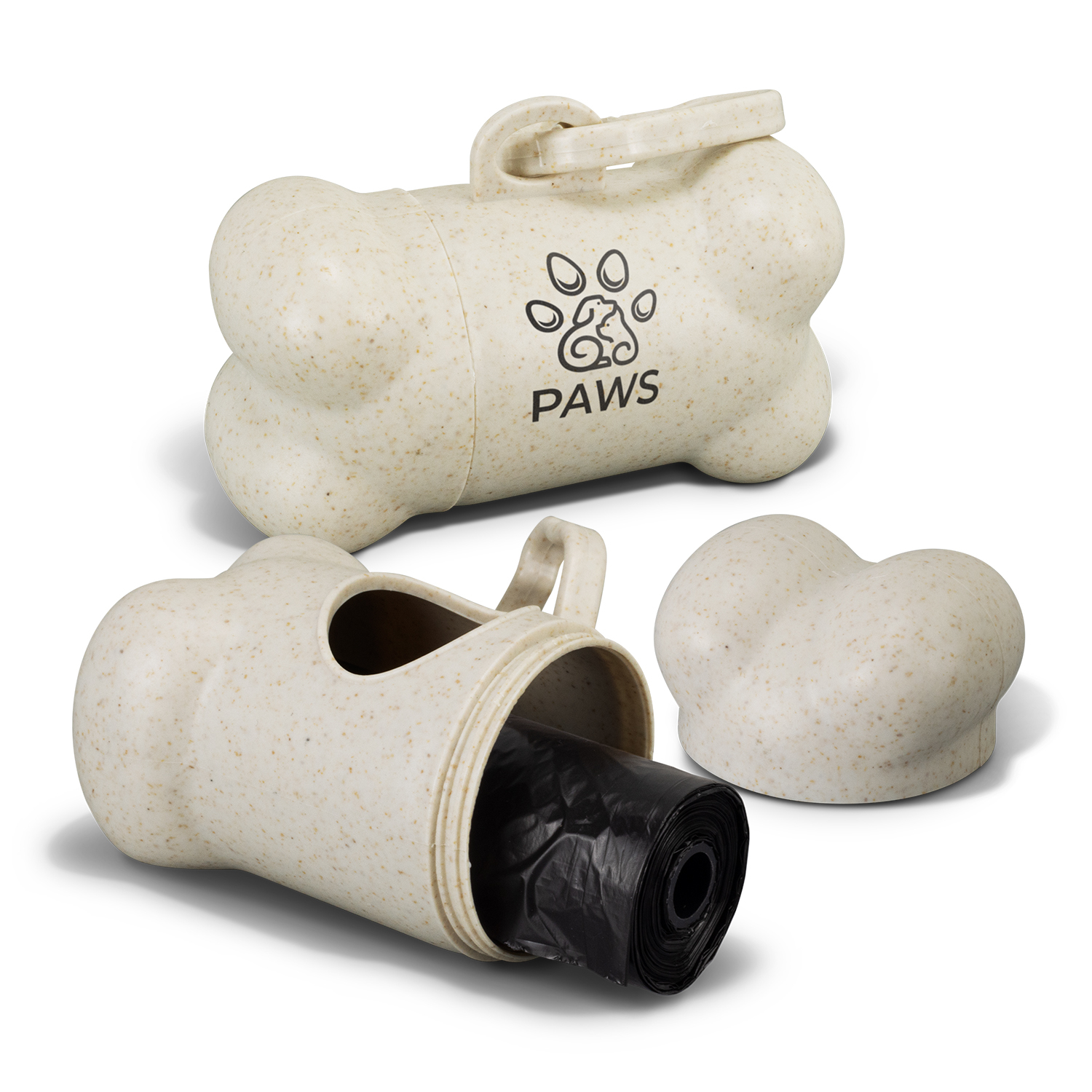 Pet Products
Pet Products Personal Care
Personal Care Occasion Ideas
Occasion Ideas